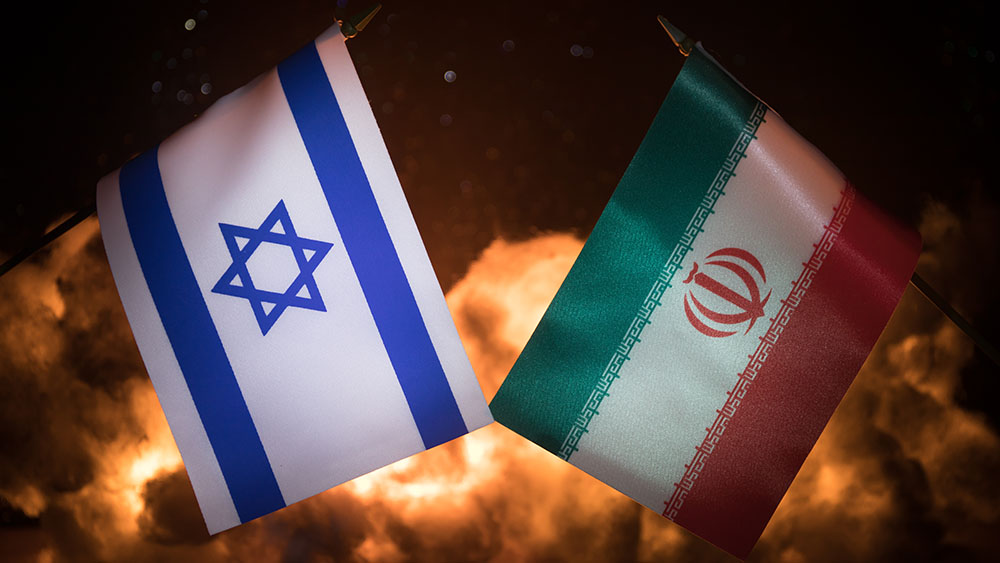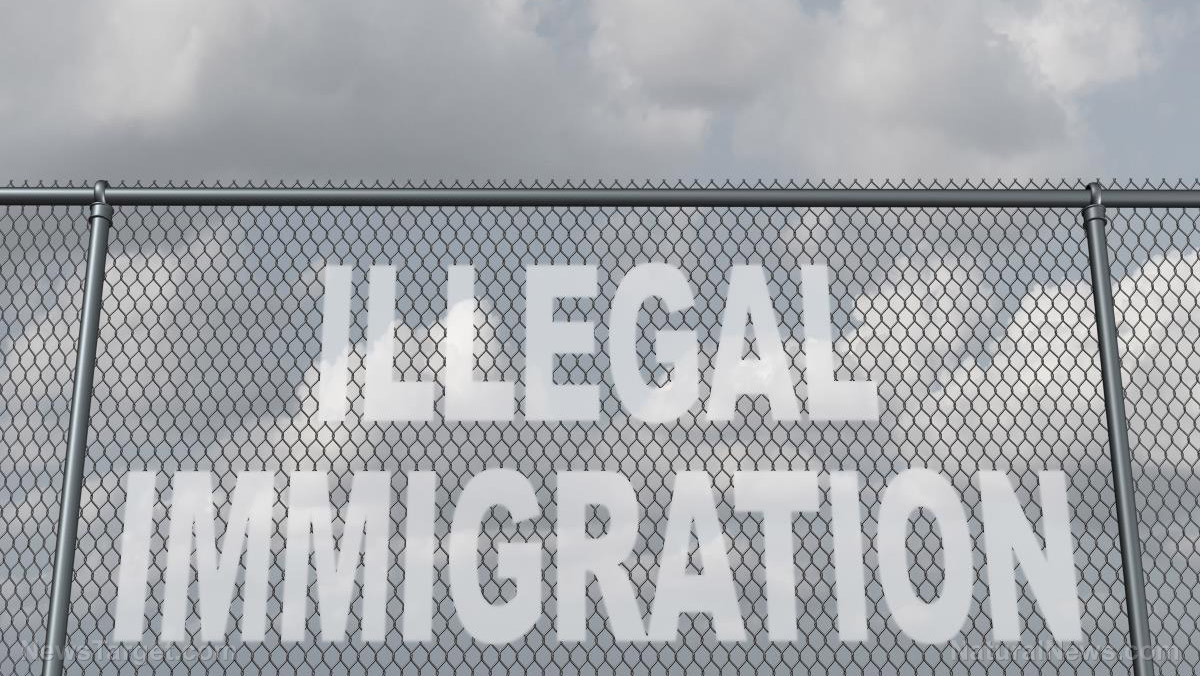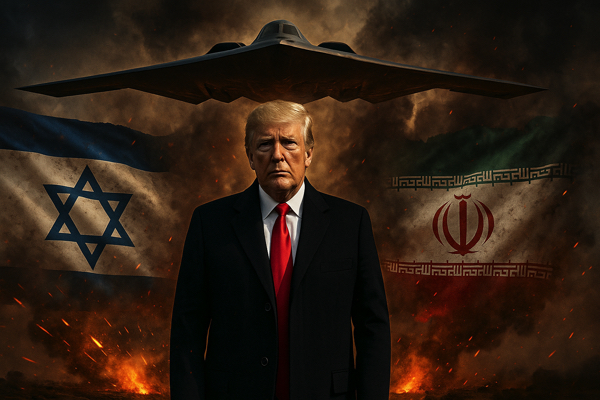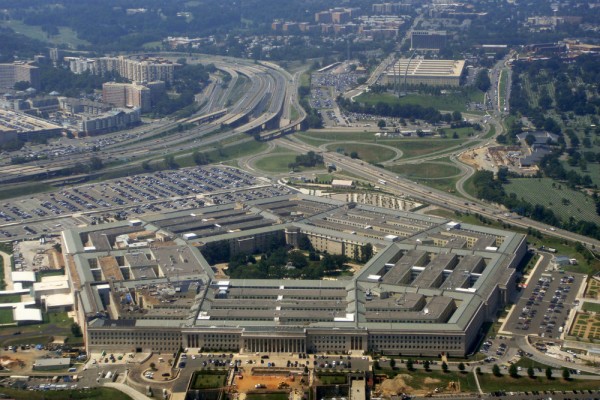 Parler
Parler Gab
Gab
- President Trump ordered airstrikes on Iranian nuclear facilities, calling it a success but sparking fears of retaliation against U.S. cities.
- Major cities like New York, D.C., L.A., and Miami increased security at religious and diplomatic sites amid potential threats.
- Iran condemned the attack, vowing to respond, while U.S. officials warned of possible cyberattacks and physical violence.
- Critics accuse Trump of risking war to serve Israel’s interests.
- Experts warn of long-term dangers, including terror risks and anti-Semitic violence, as police brace for potential fallout.
Cities brace for blowback
Within hours of Trump’s Saturday night announcement, the NYPD issued a statement confirming additional patrols at "religious, cultural, and diplomatic sites" across New York City. The department emphasized coordination with federal partners but stopped short of confirming any direct threats. Similarly, Washington D.C.’s Metropolitan Police Department pledged to "safeguard residents, businesses, and visitors" while monitoring intelligence. Los Angeles Mayor Karen Bass echoed the cautious stance, stating that while no "credible threats" had been identified, the LAPD was stepping up patrols near places of worship and "sensitive sites." Miami-Dade County also joined the security surge, with sheriff’s deputies increasing visibility countywide. Former NYPD Inspector Paul Mauro, who specialized in counterterrorism, warned that authorities would focus on locations tied to the conflict, including Shia mosques (Iran’s dominant sect) and Jewish community centers. "You never know what’s going to develop," Mauro said, noting that police would also ramp up cyber surveillance to track online threats.A history of provocation
Trump’s latest strike mirrors his 2020 assassination of Iranian General Qassem Soleimani, an act he proudly referenced in his address. "We lost over 1,000 people, and hundreds of thousands throughout the Middle East… have died as a direct result of their hate," Trump claimed, framing the bombing as justified retaliation. Yet critics argue the move risks dragging the U.S. into another endless war, this time to serve the interests of Israel’s far-right government. The Department of Homeland Security issued a 90-day advisory warning of likely cyberattacks from Iranian "hacktivists" and possible physical violence if Tehran issues a religious decree calling for retaliation. Gregory Falco, a cybersecurity expert at Cornell University, noted Iran’s history of targeting critical infrastructure like power grids and hospitals. "They want to unhinge our society," Falco said. The Council on American-Islamic Relations (CAIR) blasted Trump’s strike as an "illegal and unjustified act of war" driven by Israeli Prime Minister Benjamin Netanyahu’s agenda. "This attack… took place despite the longstanding conclusion by our nation’s intelligence community that Iran was not seeking nuclear weapons," said CAIR’s Nihad Awad, comparing the escalation to the Iraq War’s false pretense. Meanwhile, the Anti-Defamation League (ADL) warned of rising anti-Semitic violence, with CEO Jonathan Greenblatt pledging to monitor extremists targeting Jewish communities. Trump’s airstrikes may have temporarily crippled Iran’s nuclear facilities, but the long-term consequences could be catastrophic for American civilians. By blindly aligning U.S. policy with Israel’s hawkish demands, Trump has once again prioritized foreign interests over national security, leaving U.S. cities to foot the bill in heightened terror risks. As police departments brace for the fallout, it is clear that warmongering rhetoric and reckless military action only endanger innocent lives. If Iran retaliates, the blood will be on Trump’s hands. Sources for this article include: DailyMail.co.uk FoxNews.com USAToday.comCIS report: Roughly 1 million illegal immigrants have left the U.S. since January
By Laura Harris // Share
The end of Israeli exceptionalism
By News Editors // Share
Trump declares CEASEFIRE between Israel and Iran after 12 days of conflict
By Ramon Tomey // Share
U.S. military shelters from drone threats: A new era of home front vulnerabilities
By Willow Tohi // Share
Governments continue to obscure COVID-19 vaccine data amid rising concerns over excess deaths
By patricklewis // Share
Tech giant Microsoft backs EXTINCTION with its support of carbon capture programs
By ramontomeydw // Share
Germany to resume arms exports to Israel despite repeated ceasefire violations
By isabelle // Share










